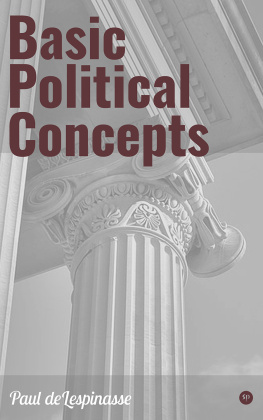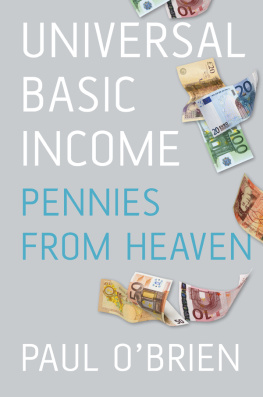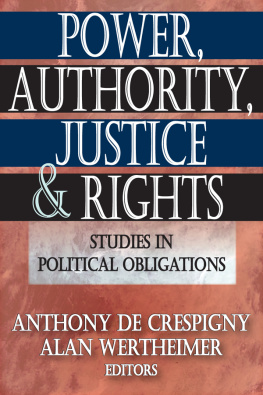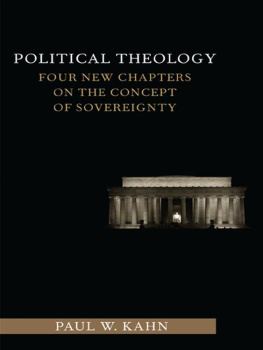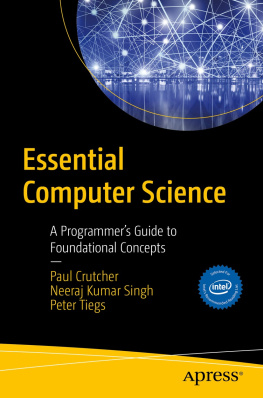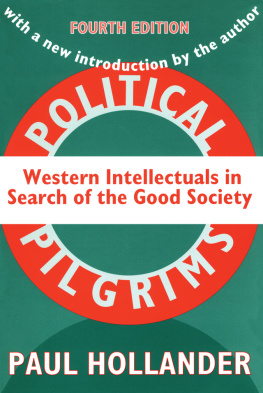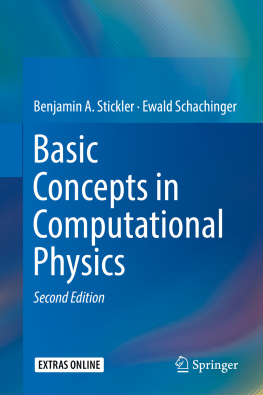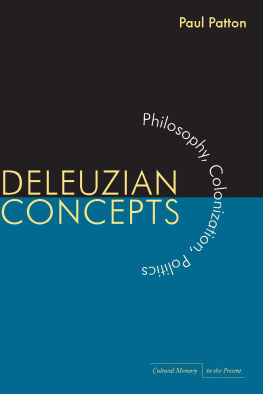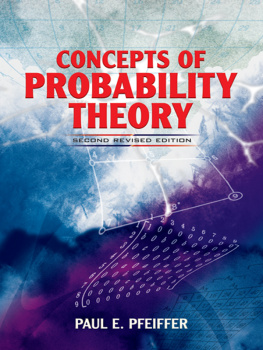Towards a Systematic Conceptualization of Politics
Political science is the systematic study of governments, of the methods by which governments seek to control people, and of the techniques through which people try to influence government. It is a science that attempts to connect the "micro" level of individual lives and actions with the "macro" level of collective circumstances and consequences.
Like the other social sciences, political science focuses on all three basic types of social power: the pen, the purse, and the sword. Unlike the other social sciences, it gives special attention to the power of the sword: wielded collectively in the form of war and threats of war, wielded against individualsideally in the more civilized form of laws.
Every body of knowledge has at least a few basic words that students had better understand in the fullest possible sense. For the physicist, "force" must equal mass times acceleration. Accountants must understand that "assets" are equal to liabilities plus owners' equity (capital) and must be able to classify particular transactions into the proper categories. Music theorists must know the difference between a second inversion and a secondary dominant. Political science is no exception to this general need for fundamental concepts.
Unfortunately, political scientists and lawyersthe two main professions concerned with analyzing government have not identified a small set of simple, core concepts whose permutations and combinations get to the essence of the matter. Instead, both professions are blessed (or cursed!) with a great multiplicity of terms and concepts, all of roughly equal importance, whose mutual relations and meanings are extremely complex.
As a result of its lack of fundamental conceptual clarity, political science increasingly suffers from an inferiority complex. Chemistry and physics have produced a continuous and accelerating stream of spectacular accomplishments which are reflected, for better or for worse, in the everyday material environment: computers, synthetic fabrics, lasers, microwave ovens, TV, atomic bombs, pesticides.... A similar takeoff in biological science appears to be shaping up. But where do we see any signs that political science is having an impact on the world?
It is true that in the political sphere, too, many new techniques and institutions have appeared, but our professional inferiority complex is nevertheless based on an embarrassing fact. Major innovations in 20th century government have not originated in political science. The pattern is quite unlike that in the natural sciences, where breakthroughs in fundamental analysis (e.g. Einstein's E = mc squared) are placed on a practical basis by the engineers (e.g. the Manhattan Project). In public life, by contras t, the breakthroughs are made by the "engineers" (active politicians: elected officials, administrators, revolutionaries) and later, often much later, political scientists get around to noticing them, describing them, and criticizing them.
The goal of Basic Political Concepts is to provide exactly what the title suggests: a small set of carefully defined and interrelated words that can be used to describe and analyze a wide range of political phenomena and issues. Chapter 1 focuses on concepts useful in analyzing individual decisions and actions, which surely are the basic "stuff" of politics. Chapter 2 introduces concepts related to associations, the relationships between individuals that are created by their actions. Chapter 3, "Developing Conceptual Acuity", illustrates some ways in which we can systematically increase our ability to think systematically about politics. It is an invitation for the student to think creatively, to join in the continual rethinking of political issues that is a prerequisite of progress.
1. Concepts of Decision-Making and Action
The elements of ad hoc rational action
Let us consider the possibilities implicit in the following expression:
A X + Y
(Imagine that there is a large capital C surrounding the letter A in this expression. To simplify transmitting this book via the World Wide Web, it is not explicitly stated here.)
The elements of the expression are (shown in )
Table 1: Key for elements in expression
In plain English, the expression says: Action A, taken within circumstances C in pursuit of goal X, also causes side effects Y.
For example, when US President Gerald Ford took the action of pardoning US President Richard Nixon, during the post-Watergate witch hunt, to try to get public attention back on serious issues, a side effect of his action was to decrease his own chances for winning in 1976. (There are, of course, other possible interpretations of Mr Ford's reasons for the pardon.)
As the C in our expression indicates, all actions take place within specific circumstances. But initially we can ignore circumstances, since the situation at any one point in time is a given and therefore cannot be manipulated. A simplified version of our expression is therefore
A X + Y
leaving the circumstances within which action A is taken implicit.
Clearly there are exactly three elements which can be manipulated: the action A, the goal X, and the side effects Y. Postulate an actor whose goal X can be attained via action A, but who strongly dislikes the side effects of taking action A. What are her options?
The first possibility is to seek a different action, A1, which will also produce goal X but with different side effects Y1:
A1 X + Y1
Perhaps the new side effects are less unsatisfactory to the actor. The cost-benefit ratio Y1/X of action A1 may be acceptable where that of the original proposal A was not.
For example, US President, Andrew Jackson, discovered that John McLean, his inherited Postmaster General, did not approve of the spoils system. Yet the US Post Office was a principal location of patronage jobs in those days. One solution would be to fire McLean, but the political side effects would have been considerable. So Jackson instead appointed McLean to the Supreme Court!
The second possibility is to modify goal X to X1. The somewhat different goal may be achievable by actions which would not deliver the original goal, and at an acceptable price:
A2 X1 + Y2
Compromise of course is a pervasive political phenomenon in its own right, and examples are not hard to find. Take Emperor Pedro II of Brazil, say, who wanted to get rid of slavery but could not figure out how to do so without committing political suicide since slave holders were a social bulwark of the monarch y. Instead of forth rightly abolishing slavery, he therefore took steps to destroy it bit by bit, buying up and freeing some slaves, banning future importation, and making children born to slaves free at birth. (But in 1889 Pedro II went to Europe for medical treatment. His daughter, Princess Isabel, a militant abolitionist, took advantage of her regency to seek the unmodified goal: freedom



